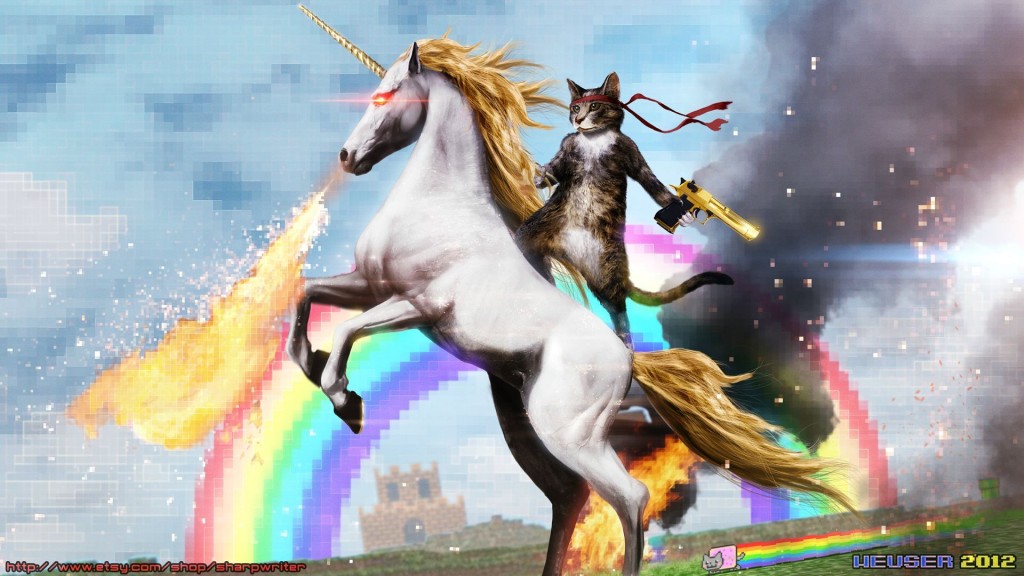1. Here we go again.
During the dot-com boom of the late 1990s, it seemed like everyone who worked at a “traditional” company was waiting for the right opportunity to leave and join a startup. Many did. For example, George Shaheen left Andersen Consulting to join Webvan. Lou Dobbs left CNN for space.com. They wanted to be like Jeff Bezos, who had left a job in investment banking five years earlier to start amazon.com.

It’s happening again in the social era. Perhaps Sheryl Sandberg should be our archetype, having departed Google for even bigger and better things at new-economy company Facebook. Individuals are getting rich quickly again and a lot of people want in on the action. Plenty of people are leaving agencies in search of unicorns and startup riches.
2. Capital Contagion
In Michael Lewis’s 2012 book Boomerang, we learn about how national economies are connected on a global level, hearing stories from Greece, Iceland, and Ireland leading up to the 2008 recession.

The lesson should be obvious, but in case it isn’t: despite nationalist pride, economies are all connected. Even after 2008, we learned in summer 2015 that a Greek debt default would still have hugely negative implications on the Euro. The decline of the Chinese stock market and yuan devaluation also sent ripples worldwide. America is not immune.
3. Who’s the boss?
In 2010, my Austin, Texas-based startup held a meetup/recruiting event at a Rainey Street bar. About an hour into the evening, I met a guy named Caleb who was quick to mention that he knew all of our company’s executives and investors. Later, he started ordering people to get him drinks because he was “their boss.”

It turns out that Caleb was a junior accountant with the Teacher Retirement System of Texas (TRS). TRS is one of the largest pension funds in the U.S. and like many others puts its capital to work in venture capital funds. Although TRS wasn’t even an investor in the Austin Ventures fund that bankrolled my startup, we invited Caleb to subsequent parties for comedic value. He never showed up again.
4. What, me worry?
Startup fever is at an all-time high, driven by greed, envy, and ego. Pride comes before the fall and lately companies are trying to back down before it’s too late.
However, even if you’re an “Underground Man” and find solace in not having wasted your time and energy at a failed startup, don’t get smug too soon. The ripple effect of a dying unicorn to venture capitalists to fund investors to individuals seeking returns for short-term income rather than long-term growth will impact you and the economy that you live and work in, regardless of nationality, industry, or speciality.

There are one in 50 startups that actually survive. This is only about survival. There are really one in 1000 that actually go farther and create some new billion dollar thing. But more than billion dollar thing, concept should be new and that I believe makes more sense. You can’t be just following the crowd. There was Monster and several other job portals kept coming in, they took their share but nothing new created out of it.